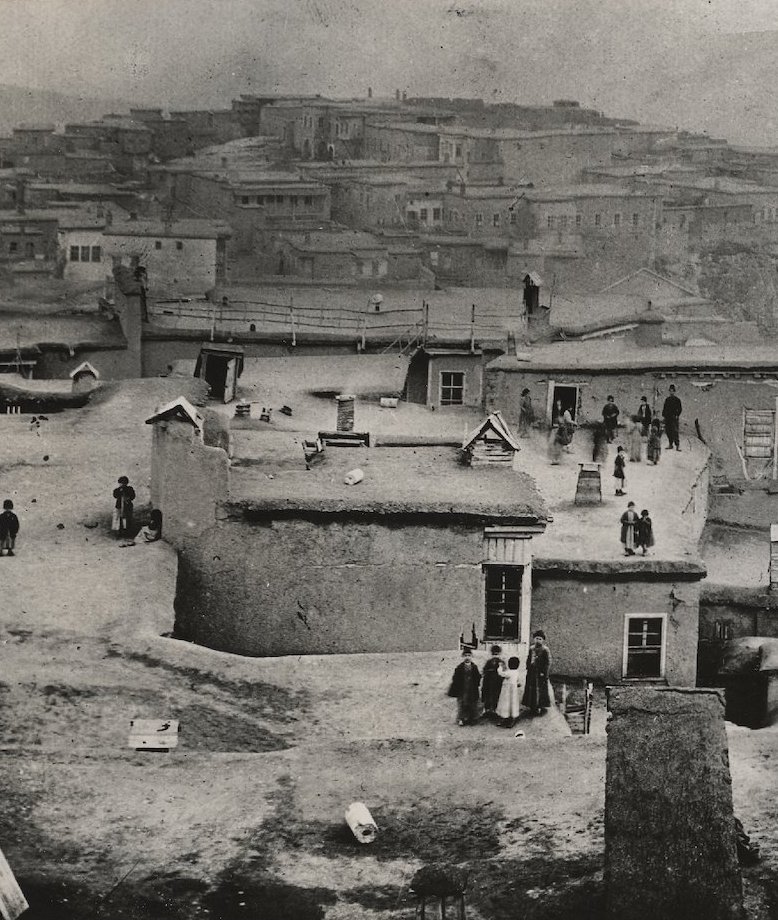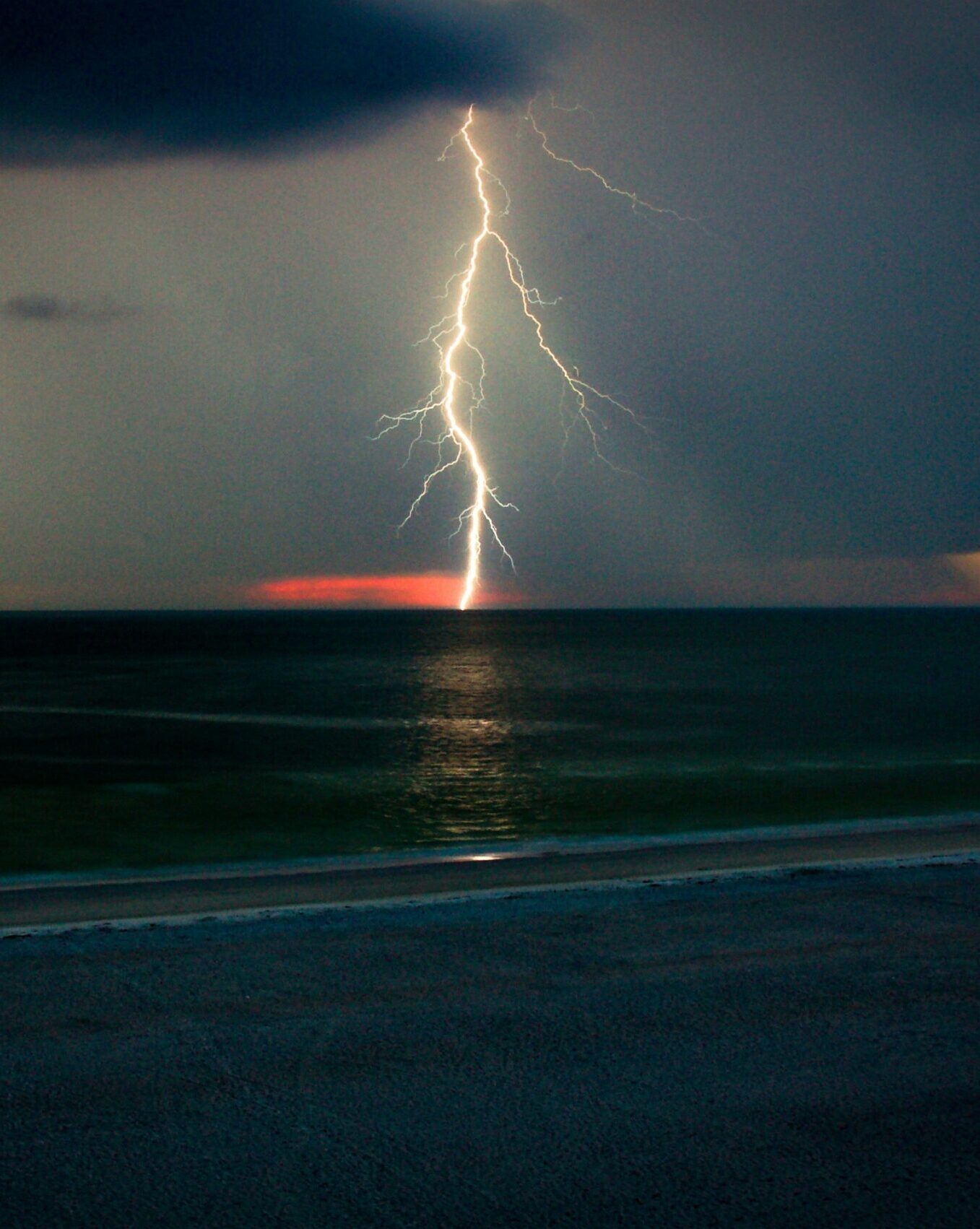
Kharpert rooftops, Ottoman Empire, c. 1910s. Photo by unidentified photographer, copied by K.S. Melikian of Worcester, MA.
Project SAVE Photograph Archive. Courtesy of Arra S. Avakian
Kharpert
Stories
When I woke in the morning
and begged for stories, Gram said
don’t talk too much, flies
will get into your mouth.
I still wanted a story.
She’d say later, after our work.
She tied an apron around me,
pulled the stool to the table,
gave me parsley, cracked wheat,
ground lamb, and my own basin
of water to wet my hands
as we worked together.
She said knead so it’s
soft as a baby’s bottom.
Shape round smooth balls.
We poked our thumbs in
to open them up, and spooned
in stuffing. I still wanted a story.
Gram said My grandmother made kufta
like us, and I carried pilav and kufta to my
father, in the fields. Sometimes she
rode the donkey, other times a horse.
Gram said never ride a horse, or a camel.
And we never did, in our Boston home.
That house was different from ours here.
Animals lived downstairs, people above.
I asked if we could have chickens here, now.
She said no, not here. She said to keep my mouth
closed, not to talk so much, flies would get in.
I watched her story unfold in my mind.
Her final day home, when she and her sisters
returned from school and found everyone dead,
the locked church set on fire. A quiet village now,
except for soldiers that gathered up leftover people.
They walked from their mountain village,
part of the desert death marches,
thirsty, eating grasses and leaves,
anything they found.
Two sisters fell in the desert,
three trudged on to Aleppo
and onward from there, survivors.

Preparing food. Kharpert Region, Ottoman Empire, c. 1900; photo by Ellsworth Huntington.
Project SAVE Photograph Archive. Courtesy of Carolyn Ziegler Pec
Armenia to Marseilles 1915
It began with conflict, hunger,
village men taken from homes.
It continued with worry and waiting,
planning and prayer books,
mothers sewing coins into clothes
for barter, when they were able to leave.
Finally the Uncle arrived with
a wagon and passports.
They packed food and water
in the wagon with blankets for
cool night air. Teen children would
leave first, arranged marriages
in the US finally in place, the key
to survival. But it had taken so long.
Cracked wheat and cabbage,
rice, dried fruits and bread,
blankets for warmth, water for thirst,
a family of children
led by an uncle who returned.
The village was taken a day
before their leaving, surviving
children were marched
alongside the cart
holding, dragging, then laying down
bodies too tired and hungry
to go on.
The boat from Marseilles
gave safe passage to survivors
able to continue to arranged
marriages that unlocked America’s
door. Mothers and fathers
now remembered in stories,
remembered when pouring rice
in a bowl, when making yogurt
and planting grape vines, and in
each day
of not starving anymore.
Elaine Reardon is a writer and educator. She’s worked as an English as a Second Language teacher with immigrant populations, and she’s the first generation in the U.S. herself. She moved from Boston to settle in a small forested town north of Amherst, MA. Her first chapbook, The Heart is a Nursery For Hope, won first honors from Flutter Press. Her second chapbook, Look Behind You, was published in 2019. Most recently Elaine’s poetry has been published in Pensive Journal, Culinary Origami, and similar journals. ElaineReardon.Wordpress.com.
Photos provided by Project SAVE.




